Solnovation Analytics is a cutting-edge data analytics company that leverages cloud technology to provide businesses with valuable insights and drive success. Our team of experts works closely with clients to understand their specific needs and create customized solutions that allow them to make data-driven decisions and achieve their goals. With a focus on innovation and collaboration, we use the latest tools and techniques to deliver accurate and actionable data in real-time, giving our clients a competitive advantage in their industries. Whether you’re looking to optimize your operations, improve customer experiences, or make informed business decisions, Solnovation Analytics is the partner you need to drive your success.
In addition to our expertise in data analytics, Solnovation Analytics is also well-versed in various cloud service providers and the types of services they offer. Our team is familiar with the benefits and limitations of each provider, allowing us to recommend the best solution for our clients’ needs. We work with leading cloud service providers such as Amazon Web Services (AWS), Microsoft Azure, and Google Cloud Platform (GCP), and offer a range of services including Infrastructure as a Service (IaaS), Platform as a Service (PaaS), and Software as a Service (SaaS). Whether you need to store and analyze big data, host applications, or run virtual machines, Solnovation Analytics has the experience and expertise to help you make the most of your cloud investment.
Digital Transformation
Digital transformation and cloud migration are critical steps for organizations looking to stay ahead of the curve in today’s fast-paced business environment. Solnovation Analytics can help guide you through these processes by providing a comprehensive plan that covers all aspects of the migration journey. Our approach typically consists of the following steps:
- Assessment: Understanding your current IT infrastructure, application landscape, and business requirements.
- Planning: Developing a detailed plan for the migration process, including resource allocation, timeline, and risk mitigation strategies.
- Execution: Migrating applications and data to the cloud, testing and validating the new environment, and performing final verification.
- Optimization: Continuously monitoring and fine-tuning the cloud environment to ensure optimal performance and cost efficiency.
In addition to these steps, we follow best practices such as security, compliance, and disaster recovery planning, to ensure a successful and seamless migration process. Our team of experts can help you leverage the full potential of cloud technology and achieve your business objectives.
Data Lake
A data lake is a centralised repository that stores vast amounts of raw, unstructured and structured data at any scale. Unlike a traditional data warehouse, a data lake does not impose strict schemas on the data, allowing it to store and process any type of data.
The data in a data lake is stored in its original format and can be accessed by different teams for various purposes such as data analytics, machine learning, and data science. By leveraging the scalability and cost-effectiveness of cloud computing, data lakes allow organizations to store and process massive amounts of data, unlocking new insights and business value.
The main advantage of a data lake is that it enables organizations to store all their data in a single location, making it easier to discover, access, and analyze data from various sources, improving decision-making and enabling more informed business strategies.
Data Lake Process
- Define Data Strategy: The first step in implementing a data lake is to define your overall data strategy and determine what data is relevant to your business goals. This includes identifying the types of data to be stored in the lake, who will have access to the data, and how the data will be used.
- Choose the Right Platform: The next step is to select the right platform to host your data lake. Consider factors such as scalability, security, and cost, as well as integration with your existing technology stack.
- Prepare Data: Once the platform is selected, it’s important to prepare your data for ingestion into the lake. This includes cleaning and transforming the data, and defining appropriate data structures and metadata.
- Load Data: The next step is to load your data into the data lake. This can be done through a variety of methods such as batch processing or real-time streaming. The key is to ensure the data is loaded efficiently and accurately, and is easily accessible for analysis and reporting.
- Enable Analytics: Finally, it’s important to enable analytics on the data stored in the lake. This can be achieved by integrating with big data processing tools, such as Apache Spark or Apache Hadoop, or by using data visualization and reporting tools to generate meaningful insights. The ultimate goal is to turn your data into actionable insights that drive business value.
Licensing
Licensing tools play a critical role in ensuring that organisations are in compliance with software license agreements and regulations. They help organizations keep track of their software usage and ensure that they are only using the licenses they have paid for, reducing the risk of license overuse and the associated financial penalties.
Licensing tools monitor software usage in real-time and provide detailed reports on how software is being used across the organization, enabling organizations to optimize their license usage and minimize waste. They also provide alerts for potential compliance issues, allowing organizations to address them before they become a major issue.
Audits are conducted by authorised software auditors to verify an organisation’s compliance with license agreements. They can be conducted on-site or remotely and typically involve a review of software installations, usage, and licensing records.
By utilizing licensing tools and conducting regular audits, organizations can ensure that they are in compliance with their software license agreements and avoid the potential financial and reputational risks associated with license non-compliance
Connect
Solnovation Analytics is a company dedicated to helping businesses achieve their digital transformation goals. We understand the complexities and challenges of cloud migration and data lake implementation and have the expertise to help you navigate through them. Our team of experts can conduct a feasibility study to assess your current technology landscape and determine the best approach for your organization’s specific needs. So, if you’re looking to optimize your technology and achieve your business goals, we invite you to engage with us and let us help you on your journey to success.
Connect with us
Be a part of our green transformation





